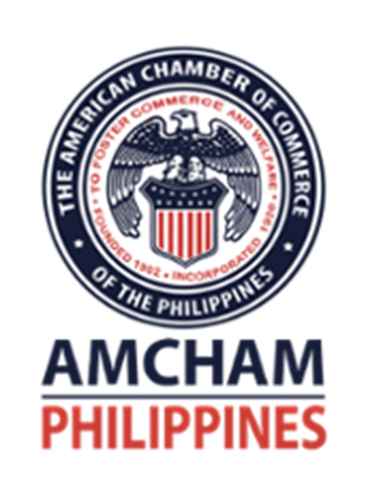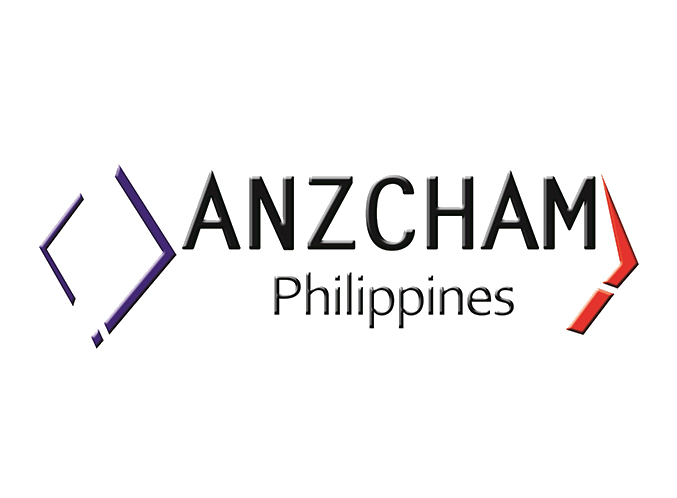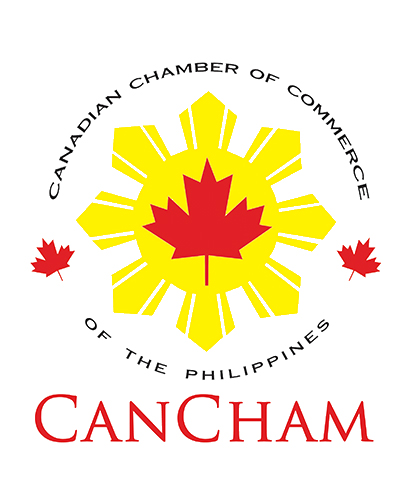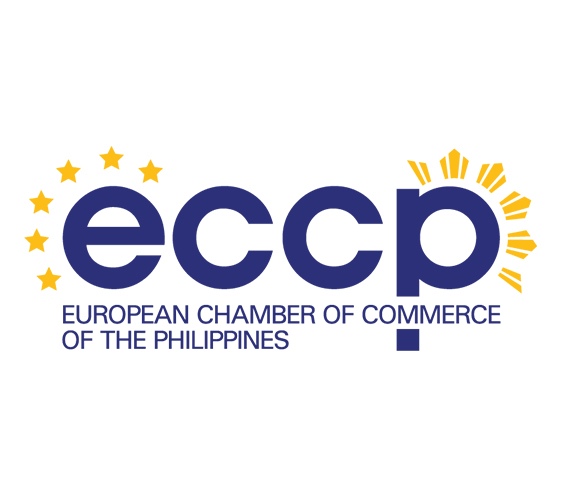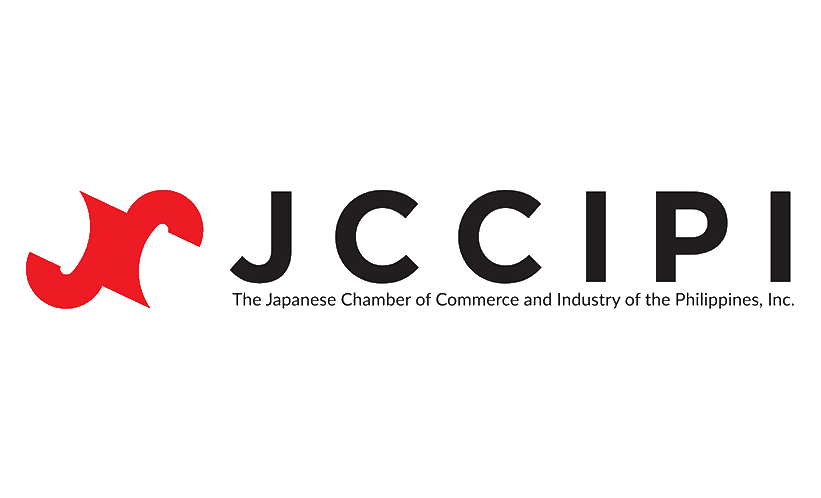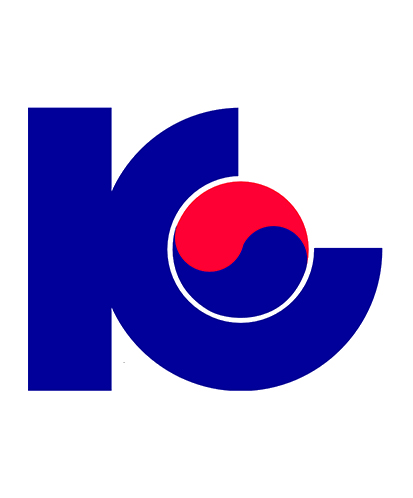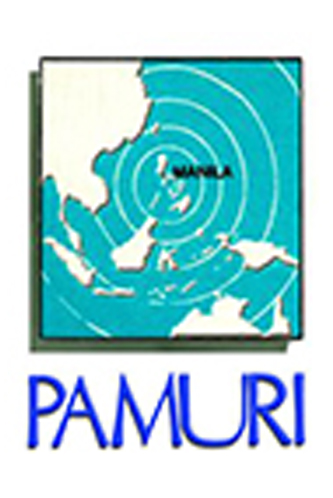Cut the tape
April 11, 2016 at 13:30
LIKE IT IS
Cut the tape
By: Peter Wallace | 12:28 AM April 7th, 2016
Don’t just reduce red tape, cut it out.
Why is it that a car has to be registered annually? What’s wrong with once when someone buys it, and again if it’s resold? Charge an annual fee if you must. Motor vehicle registrations amounted to P1.3 billion in 2014, but I’ll discuss later why it should just be dropped. And if the fee is to be paid, it should just be paid automatically, and there should be no documents to fill out.
It’s the same with business registrations. Why is it necessary to renew these annually? A renewal is needed only when there’s a change in the business. The Bureau of Internal Revenue’s record is more than enough registration.
Driver’s license for professionals, nonprofessionals and public service vehicle conductors. Renewal after every 10 years would be enough. Incidentally, I just got my driver’s license. It took all of eight months from this inept government. Is this part of the “daang matuwid” or straight path that President Aquino wants continued? Or will he agree with us that we need a leader that will get things done? That will really effect major change in his or her short six years.
Business permits. Renewal after every five years would be enough. The same with mayor’s permits, barangay permits, sanitary permits and the like (mind you, we might want to keep sanitary permits considering the lousy condition of too many public toilets, but only if inspection is enforced).
NBI (National Bureau of Investigation) clearance to get a job. Cancel it; companies are competent to decide who to employ, or not.
FDA (Food and Drug Administration) approval of new drugs. Accredit the FDA’s counterparts in other selected countries. If a drug has been approved there, it should be automatically approved here as well. Do we really need to test a drug that US exhaustive testing has confirmed is safe?
There are many more that can be added to this list.
Permit renewals are burdensome for businesses. They have to comply with innumerable requirements just to process the permits, and wait interminably just to submit all the documents demanded. Then there are the fines when they get it wrong.
It’s this convoluted bureaucracy that hinders the Philippines from moving up the global ranking in terms of ease of doing business. The latest International Finance Corp.-World Bank report ranks the Philippines 103rd out of 189 countries. It’s sixth among the Asean 10 economies included in the survey, outranking Indonesia, Cambodia, Laos and Myanmar (Burma), but well behind Singapore, Malaysia, Thailand, Brunei and Vietnam. It takes 16 procedures and 29 days to start a business in the Philippines, so it is no longer startling that the country is ranked 165th in this category.
The Philippines also fares disappointingly in the following indicators: getting credit (109th), registering property (112th), paying taxes (126th), and enforcing contracts (140th). On this last one I’ve written extensively on how the Aquino administration has violated contracts with impunity—violations it has not corrected. This is not the straight path I want.
Just cutting out all the unnecessary red tape is highly important. So we’d better choose a president with the gumption to just do it.
Cutting out the requirement to renew or approve these permits and licenses will result in a loss of revenues at both the national and local levels. One solution is to lump them into two brackets: national and local, and require a single, annual payment for each called a “services tax.” Maybe that can be an interim, time-limited solution—say five years—as alternatives are developed. And there are alternatives.
There’s more than enough money available if —and this is where the right choice of the next leader will help—not only political will but also political action is undertaken.
One alternative is getting back the money the Marcoses stole. They still have an estimated P290 billion of the people’s money. The inadequate collection of taxes can also be easily improved from its current too-low tax effort of 14.2 percent (for January-September 2015). If the next tax commissioner will be able to increase the government’s tax effort (tax revenues as a percentage of gross domestic product or GDP) from 14.2 percent to 17 percent—the highest tax effort rate achieved under the Ramos administration—that will be an additional P372 billion. It will be enough to fund almost anything.
Then there are over 500 tax evasion and smuggling cases that are just sitting in the courts, worth P95 billion. An estimated excise tax revenue loss of P22 billion due to illicit cigarette trading can also be revived, while up to P40 billion can be generated if the BIR stops fuel smuggling by marking all legitimate fuel imports with a marker. Congress can add to that some P30 billion through the passage of the proposed Tax Incentives Management and Transparency Act and the Rationalization of the Fiscal Incentives Act.
All in all, over P800 billion is available for someone who wants to pursue these alternative sources. Let’s not simplify the bureaucracy, let’s remove it.
* * *
Source: www.opinion.inquirer.net





















